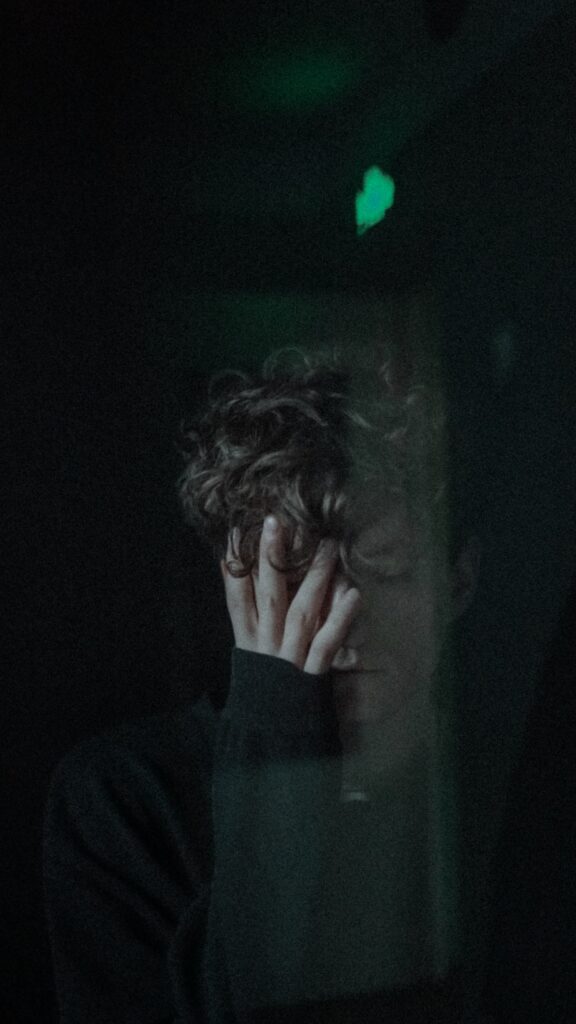5 Signs It’s Social Phobia (Not Introversion)

Hey, Psych2Goers! Do you find yourself avoiding the crowd? Are you more comfortable alone? When friends describe you, they often call you an introvert. They see you avoiding the crowds or canceling plans. But you feel different from being an introvert. You are confused if you are genuinely an introvert or have something else. Oftentimes, introversion is confused with social phobia that people do not know the right steps they need to take. So, here are 5 signs it is social phobia and not introversion.
- You Constantly Fear Being Judged.
Imagine going to a grocery store and feeling like people are judging you. You feel others ridicule you without even talking to you. You constantly fear that whatever you say or do can be used to judge you. Introverts can go to grocery stores without these thoughts but people with social phobia can’t. When you have social phobia, you constantly feel like being judged by those who know you and don’t know you (Cuncic, 2020). These thoughts do not go away hence you constantly feel anxious regardless of where you are.
- You Actively Avoidance.
Because you are fearful of being judged, you actively avoid people. When your friends plan a trip for the weekend, you tend to opt-out. When your family goes on a vacation, you want to be left behind not because you want time alone but because you are fearful that you are going to be judged. Introverts do not constantly avoid trips. They might still find it better to be with themselves but they do not always cancel plans just to avoid people. Active avoidance is only present when you are fearful of being with others, a trademark of social phobia.
- You Are Debilitated.
Do you feel like the fear and anxiety of meeting people have stopped you from doing the things you need to do? According to DSM-5 (2013), when you have social anxiety, you tend to put off the responsibilities you need to do. The intrusive thoughts brought by the phobia might cause you to function less. You could ruminate too much on the fearful thoughts hence you might want to opt out of doing things.
- You Overthink.
Are you the person who thinks about your possible slip-ups during a performance? Do you constantly think about the possible failures of a speech? Thinking of these things can help you avoid possible mistakes even for introverts. But if you constantly think about these failures because you are fearful of the audience’s reaction then you might have social phobia (Raypole, 2021). When all you do is ruminate on the things that could go wrong in the future, then it is possible that you have social phobia rather than introversion.
- It Is Non-Egosyntronic.
In an interview with Dr. Ramani (2020), a clinical psychologist and an educator, she differentiated introversion from the social phobia by pointing out egosyntronism. This means that introverts are fine with being alone. In fact, they gain more energy being by themselves than being with others. But being alone is not a choice for people suffering from social phobia. It is something born out of fear. They are alone but they also feel miserable being alone. They might not even feel recharged being alone. It is hard for them to turn off the fear of even being alone. So when you feel like you being alone is a forced choice may be you are not at all introverted. Instead, you have a social phobia that needs to be addressed.
Introverts feel safe when they are alone. They enjoy themselves. But they do not necessarily close the blinds because of fear. They are not conscious of what people think of them despite how rare it is they see others. Introversion and social phobia are mutually exclusive categories. As Dr. Ramani says, “introversion is your way while social phobia or anxiety is in your way”. Extroverts have an equal chance of getting social phobia as introverts. Social phobia is not just about being alone. Social phobia is not enjoying time with oneself. It is an issue that needs to be addressed and by recognizing its difference from introversion then you will be able to help yourself and find someone to work it out with you.
Reference:
American Psychiatric Association (2013). Diagnostic and Statistical Manual of Mental Disorders (5th ed.). https://doi.org/10.1176/appi.books.9780890425596
Cuncic, A. (2020, December 16). The social anxiety disorder criteria have evolved and changed. Verywell Mind.
Durvasula, R., (August 2020.) Introvert, Social Anxiety, and Depression? The Differences. MedCircle.
Raypole, C. (2021, March 19). Introvert vs. Social Anxiety: How to tell the difference. Healthline.



Responses